Recently I have found myself having lots of heated discussions about racial representation in video games and the importance of paying attention to the history behind these representations (*cough* Cuphead *cough*) and in some cases it has been a bit of an uphill battle, but it’s not new. It’s the work that I have been doing as scholar for 20 years because I think that it is imperative to focus on not only in terms of critical race theory, rhetoric, and education, but also in terms of video games. This focus adds depth of meaning to any medium. And it’s the kind of thing that I have written about before in posts like On Borderlands, Blaxploitation, and the Art of Critique (full text below) that draws upon Gloria Anzaldúa’s Borderlands/La Frontera to consider games like GTA V. And it’s the kind of thing that comes to mind often when I’m gaming. [Minor (very) spoilers for Tales from the Borderlands: Episode 3 before video]
This weekend I was playing the latest episode in Telltale Games’ episodic game, Tales from the Borderlands, when one of the vault hunters, Brick, screamed “You shot me in my pinky toe!” I started laughing so damned hard that I had to pause the game. Why? Not because the line in the context of the game was so funny, but because of where the line originally came from. Do you remember the film and the scene that this particular quote came from?
It was the merger of the memory of Harlem Nights and that in Borderlands with the use of the infantilized phrase “pinky toe” coming from a big, burly murderer that brought on spastic laughter. It was the hilarity of yet another blaxploitation film that came place of understanding that is informed by the history of blaxploitation films and the change in purpose and understanding that was made from the 1970s to the 1990s. All in that one moment. All in that one line.
It makes me wonder if the writer knew exactly what she was doing in that moment or if the voice actor Marcus Mauldin had a little fun with the scene (as Drew Hobson did with State of Decay) and it made me wonder how many players of the game would get it as well. So much…in one line.
Race and history runs deep in games. Characters, scenes, analysis, everywhere. Because of this I see projects like Invisibility Blues being invaluable. We need to think about race and representation in games with a critical eye and we need to bring together gamers, scholars, and industry professionals to do this. This is my passion and I want to say thanks to all of you who have supported, tweeted, shared, and talked about this project. As we come into the closing weeks of the campaign I want to say thanks and please continue to boost us when possible.
[Originally posted March 13, 2015]
The ways that I see my seemingly divergent areas of scholarly study constantly coming together still continues to amaze me after years of doing game studies work. This week in my Minority Rhetorics graduate seminar we had a great conversation about Gloria Anzaldúa’s Borderlands/La Frontera and blaxpolitation. To keep it brief, the gist of the conversation was: how effective are rhetorical strategies that use non-traditional means to demonstrate the alienation and oppression that are felt by women and minorities if those strategies are ultimately misinterpreted as being supportive of the very thing that they are fighting against? In Anzaldúa’s case we were specifically wondering if writing “the personal” in untranslated Spanish and the theoretical in the language of the hegemony would give critics and those who most needed to be convinced of what she was trying to say an excuse to skip over those important sections or to be dismissive of them because “she didn’t think that they were important enough to translate,” “it’s too much work,” or “she really didn’t want us to understand.” So it becomes a question of value or audience. Is it worth it? Is it for non-Spanish speaking folks at all?
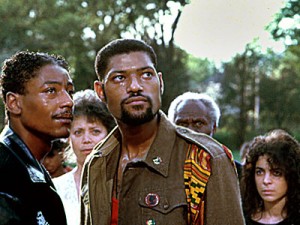 This is something that I have struggled with as I have played through a number of video games. At what point does parody or essentialization of cultural or racial representation become most likely to be reduced to being the foundation for more sexist, racist, or generally xenophobic propaganda? I struggled big time with this as I rode around in stolen cars listening to hip hop music from the time when the genre still had teeth in GTA V. I wondered if the de-contextualized kids playing the game more than two decades after the critically conscious films like Boyz n the Hood (1991) and School Daze (1988) were made would understand that this game could be read as a critique for how people of different races and social classes were being perceived for committing the same crimes or buying into the same fads. Shit, not only don’t most folks under the age of 30 know who Furious Stiles is, they don’t know that Larry Fishburn was a thing before he was frigging Morpheus! And Giancarlo Esposito has always been a Hispanic selling drugs out of a prosperous chicken front. He was never a Black frat boy who went to school with a socially conscious Larry Fishburn…or was he? Without the context of a whole body of critically conscious film that GTA V seemed to be based on, does the game simply become another perpetuation of the stereotype that ill informed children and adults read as fact?
This is something that I have struggled with as I have played through a number of video games. At what point does parody or essentialization of cultural or racial representation become most likely to be reduced to being the foundation for more sexist, racist, or generally xenophobic propaganda? I struggled big time with this as I rode around in stolen cars listening to hip hop music from the time when the genre still had teeth in GTA V. I wondered if the de-contextualized kids playing the game more than two decades after the critically conscious films like Boyz n the Hood (1991) and School Daze (1988) were made would understand that this game could be read as a critique for how people of different races and social classes were being perceived for committing the same crimes or buying into the same fads. Shit, not only don’t most folks under the age of 30 know who Furious Stiles is, they don’t know that Larry Fishburn was a thing before he was frigging Morpheus! And Giancarlo Esposito has always been a Hispanic selling drugs out of a prosperous chicken front. He was never a Black frat boy who went to school with a socially conscious Larry Fishburn…or was he? Without the context of a whole body of critically conscious film that GTA V seemed to be based on, does the game simply become another perpetuation of the stereotype that ill informed children and adults read as fact?
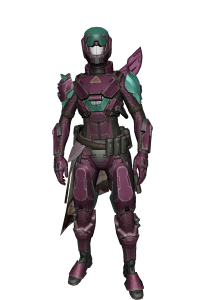 Games have the potential to be one of the most interactive critical media around, but they need context. As Alisha and I played Destiny last night we talked about Bungie’s lost opportunity. How rather than forcing us to kill a (not well disguised) Islamic god and his worshippers, they could have given the player a choice and made it an opportunity to think critically about the role that religion plays in war. (Aren’t these the types of conversations that all folks have while killing alien hordes…in the game?) Game developers and writers have an awesome opportunity. And not to sound like Peter Parker’s dead uncle, but with great power comes great responsibility. Recently game devs have come out in support of women in games and that is an awesome thing. I would love to see more of these folks put their money where their mouths are. Let’s see some of these things manifest in the games that they are expecting us to shell out 60+ dollars for. Show us games with positive representations of women, minorities, transgender folks, and folks in general. Maybe we can have story lines that depict these same folks are real people and not just something that is there for the hegemonic, white, male, heterosexual gaze as sex object or perversion. Show us folks as real folks. Show that we all have intersectional issues. This week Alisha brought up that someone in the Twitter-verse made the claim that we can’t be intersectional unless we are all the things and I said in jest “I win!”, but the truth is that once we can see this intersectionality made manifest in games and online WE ALL FUCKING WIN!
Games have the potential to be one of the most interactive critical media around, but they need context. As Alisha and I played Destiny last night we talked about Bungie’s lost opportunity. How rather than forcing us to kill a (not well disguised) Islamic god and his worshippers, they could have given the player a choice and made it an opportunity to think critically about the role that religion plays in war. (Aren’t these the types of conversations that all folks have while killing alien hordes…in the game?) Game developers and writers have an awesome opportunity. And not to sound like Peter Parker’s dead uncle, but with great power comes great responsibility. Recently game devs have come out in support of women in games and that is an awesome thing. I would love to see more of these folks put their money where their mouths are. Let’s see some of these things manifest in the games that they are expecting us to shell out 60+ dollars for. Show us games with positive representations of women, minorities, transgender folks, and folks in general. Maybe we can have story lines that depict these same folks are real people and not just something that is there for the hegemonic, white, male, heterosexual gaze as sex object or perversion. Show us folks as real folks. Show that we all have intersectional issues. This week Alisha brought up that someone in the Twitter-verse made the claim that we can’t be intersectional unless we are all the things and I said in jest “I win!”, but the truth is that once we can see this intersectionality made manifest in games and online WE ALL FUCKING WIN!

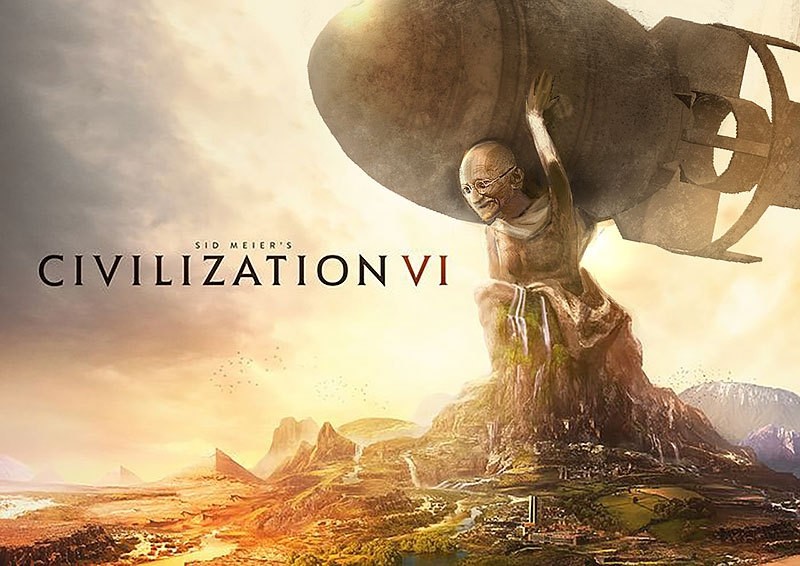
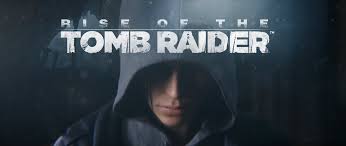
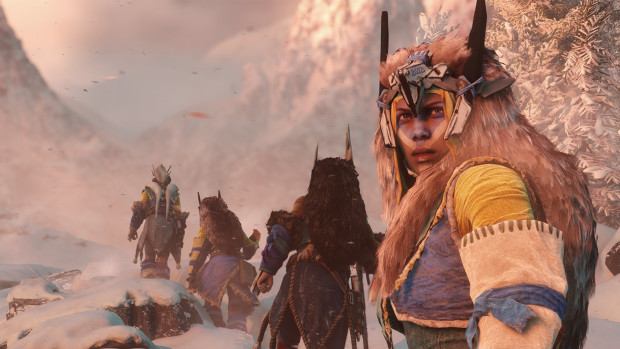
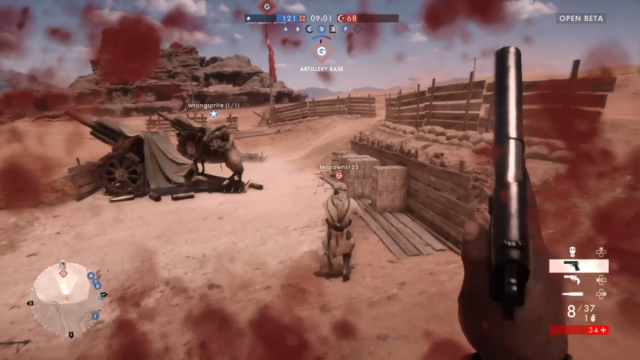
One thought on ““You Shot Me in My Pinky Toe!”; Revisiting Borderlands, Blaxploitation, and the Art of Critique”
lmfao! you shot me in mah pinky toe!!! stooopid! i love this!